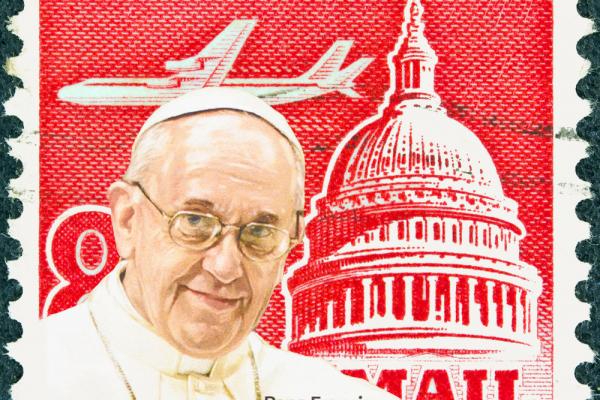Suddenly, unexpectedly, and almost miraculously, the values of simplicity, humility, welcome, and the priority of the poor have burst on to the international stage. A new pope named Francis is reminding us that love is also a verb — choosing the name Francis because of his commitment to the poor, to peace, and creation in sharp contrast to the values of Washington, D.C.
Last week the House of Representatives voted to cut food stamps. The previous week marked the 5th anniversary of the financial collapse, and showed more American inequality than before the recession. And now we face a threatened shutdown of the government unless the health care promised to tens of millions of uninsured people is repealed.
Pondering all that, I saw the interview with Pope Francis in America magazine and his profile in the new issue of Sojourners. And from every direction, things that the new pope was saying were breaking through the political news cycle. Even my students at Georgetown were telling me that their young friends, Christians or not, were putting Francis quotes up on their Facebook pages.
Read the Full Article

